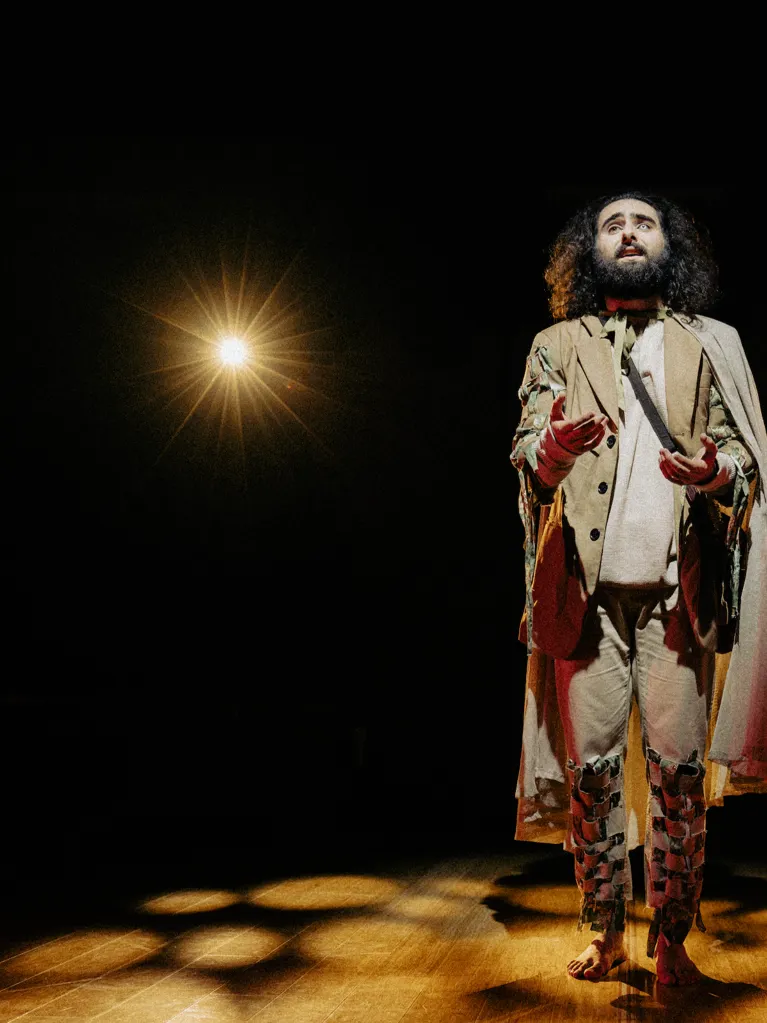Our performance-focused program will prepare you to pursue a professional and sustainable career in Acting & Music Theatre performance by equipping you with knowledge and skills for a fulfilling career, and by diversifying your creative practice & artistry to enable you to meet the specific needs and nuances of the dynamic performing arts industry.
Watch: Music Theatre Course Overview (new)
Music Theatre at JMC
Built on core streams covering Acting & Performance, Voice and Dance, Musicianship, Creativity and Entrepreneurship Acting at JMC involves unique and dynamic learning experiences which will position you for success in theatrical and cinematic performance.
The Music Theatre major is underpinned by rigorous actor training, coupled with intensive voice & musicianship development (solo & group), and dance (Jazz, Tap, Ballet, & Commercial), preparing you to become an industry ready music theatre performer. We are committed to nurturing versatility and flexibility for our graduates, enabling them to move with confidence between a variety of performance media, locations and contexts.
Our Bachelor Degree will nurture talent and performance craft, whilst supporting the creation of new ideas, projects and creative ventures, ensuring our graduates are able to fully and confidently participate with personal leadership in all facets of their industry.
Collaboration
At JMC, collaborations between actors, filmmakers, animators, game designers, audio engineers and more, create a dynamic and multi-disciplinary approach to learning ensuring that this acting program remains at the leading edge of the creative arts industry. We celebrate the synergy between performers and creative professionals from a range of disciplines in an immersive environment committed to each individual’s artistic journey and creative potential.
Industry Experience
As part of the training program at JMC, Acting and Music Theatre students work on various projects across performance mediums such as film and tv, voice over, motion capture, stage combat & fight choreography, and cinematic design. Additionally, we teach our actors business acumen which enables them to enter the industry with confidence and portfolio of works which can be showcased to agents, casting directors, and audition panels.
Performance Opportunities
JMC Music Theatre students perform in a wide range of live productions across the course of their Bachelors program. Performances range from showcases in an intimate setting to full staged productions in black box theatres. Our Graduate Show provides our actors the opportunity to experience a professional production process, whilst performing in some of Melbourne’s best theatres, in collaboration with Australian and International Directors & production teams.

















